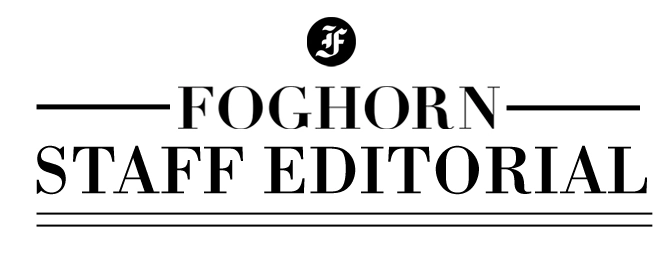Staff Editorial
CEO of Turing Pharmaceuticals Martin Shkreli recently received a great deal of media attention for raising the price of a drug that treats AIDS from $13.50 a pill to $750 a pill, a shocking 5,000 percent increase. During a CNBC interview with Shkreli, the CEO defended the price hike, stating, “It was a more appropriate price.” There seems to be no other justification of the price change other than increased profits.
Turing is not the first pharmaceutical company to assign sky-high prices to their products, as the pricing system in this particular industry is monopolistic, complex, and intentionally kept hidden from the public. According to a 2005 study conducted by the Kaiser Foundation, only 10 pharmaceutical companies accounted for 60 percent of all pharmaceutical sales in the United States. According to Jessica Wapner, a freelance writer for the Public Library of Science, drug prices are selected based on the following criteria: the number of patients purchasing the drug, how likely potential prescribers of the drug are to have insurance, how essential the drug is to one’s well being (is the drug going to save lives or only be mildly beneficial), how long the drug will remain exclusively on the market, and how much budgeting is required for patient assistance programs. Considering the precedent set by all these factors, and the fact that this market is unregulated by the government or any other authority, the actions of Martin Shkreli are considered to be legal and acceptable.
The Foghorn staff has contemplated this issue and come to several conclusions. Martin Shkreli was almost immediately called out on social media for capitalizing off of people who need medicine. However, we found that the most distressing aspect of the story isn’t that Shkreli raised the price of a pill by 5,000 percent. From what we understand about the pharmaceutical industry, exponential price hikes happen all the time. What is most distressing is the legality of the issue, and that the pharmaceutical industry in the United States is allowed to remain unregulated without facing consequences. We believe the constant emphasis of capitalistic freedom in America allows for this lack of regulation to occur.
“Laissez-faire” economics may be an appealing theory but we raise the ethical question: why should anyone be allowed to raise prices by such an absurd amount in the first place? America is fiercely attached to the idea of a free market, claiming that the restrictions of supply and demand will keep the economy fair and balanced. However, this is frequently not the case. For example, the pharmaceutical industry will create one type of drug that only treats very specific conditions, and because of the specific nature of the drug, demand will not diminish, and the price will stay high. People need certain drugs. The price is unfortunate, but people will always do their best to pay it.
While we find Shkreli’s price hike to be sickening and unethical, the fact that the media blew up on this issue might have been beneficial in the long run, as it will shine a light on the faults that we have found with the American pharmaceutical industry. We believe that the public can complain all they want, and politicians can publicly decry this issue, but a price raise is completely legal and often expected in such a limited market. There needs to be some kind of federal regulation of drug markets, and some tighter industry restrictions to prevent large spikes in drug pricing from happening in the future.


One thought on “Increase Pharmaceutical Regulations”